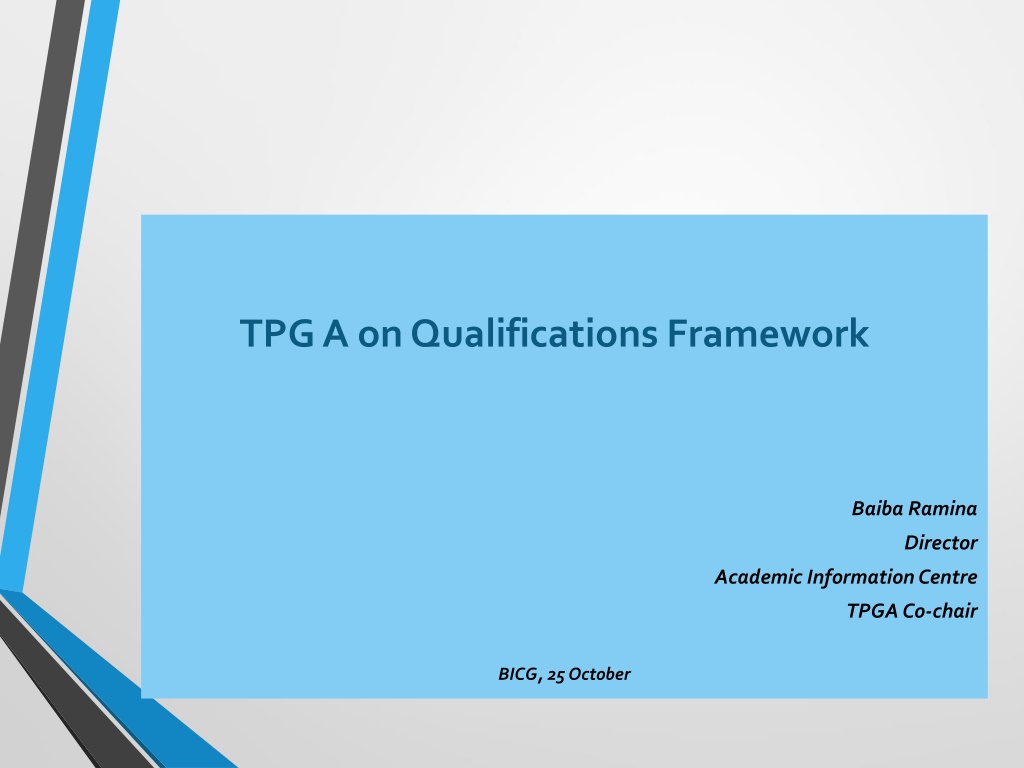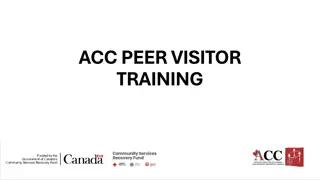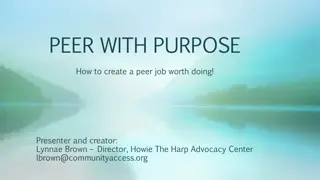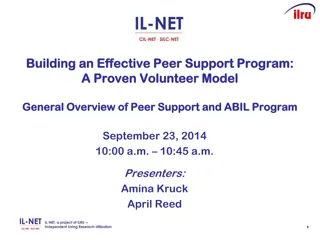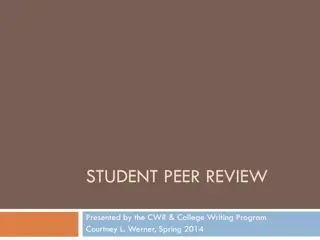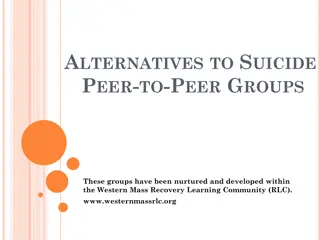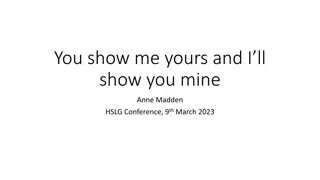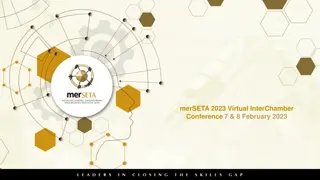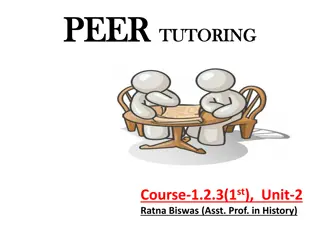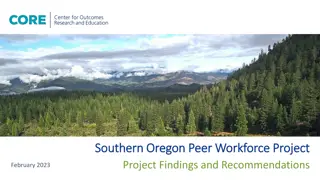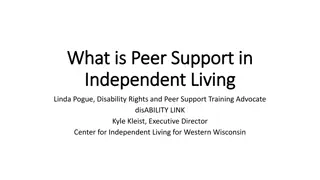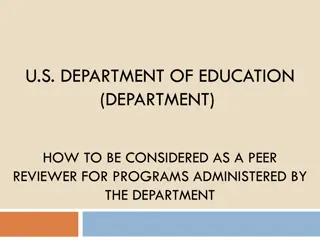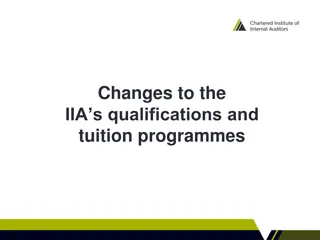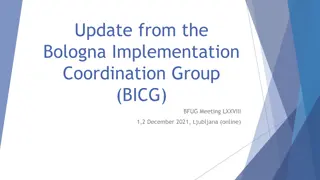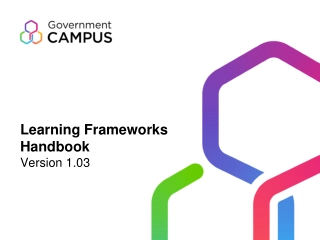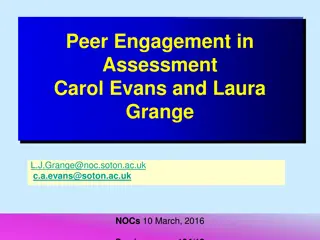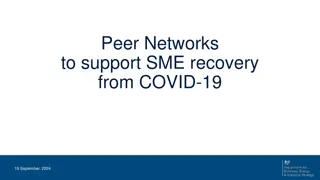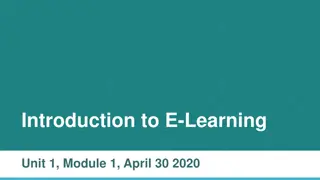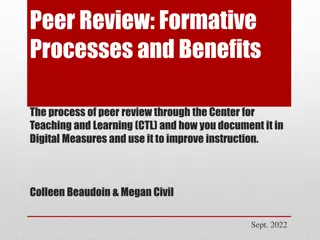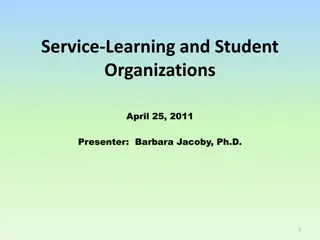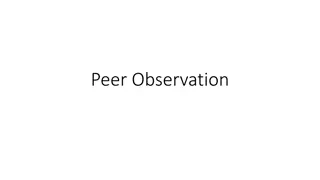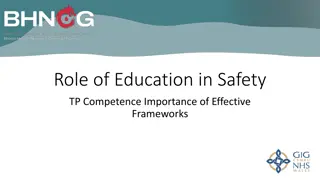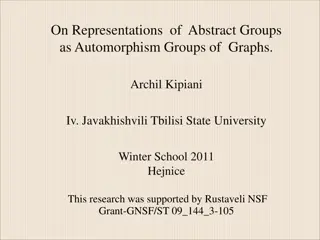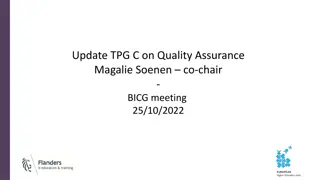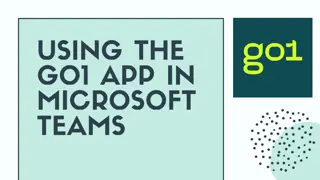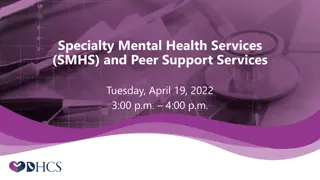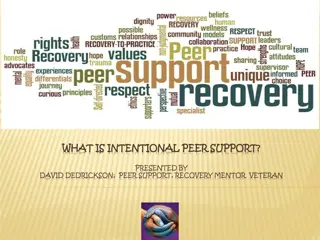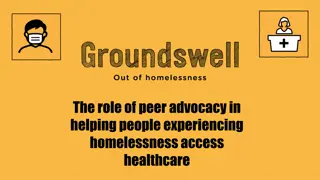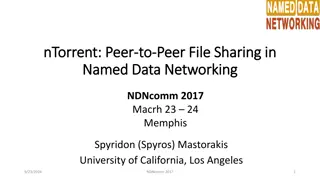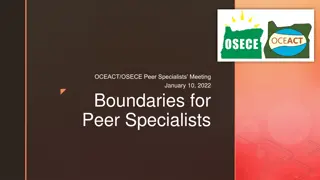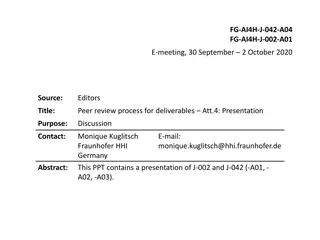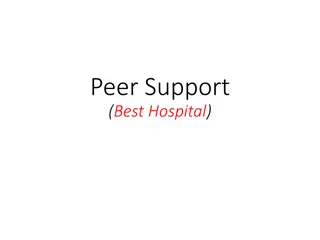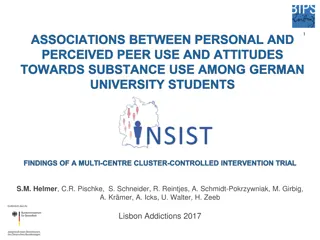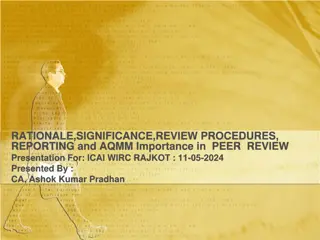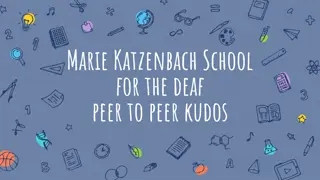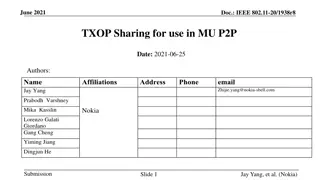Peer Learning Activities and Working Groups in Higher Education Qualifications Frameworks
Explore the upcoming peer-learning activities and working group discussions focusing on micro-credentials, qualifications frameworks, and ECTS in higher education. Discover key themes, such as the global approach to micro-credentials and the inclusion of micro-credentials in national qualification frameworks. Stay informed about the latest initiatives to enhance lifelong learning opportunities in the field of education.
Download Presentation

Please find below an Image/Link to download the presentation.
The content on the website is provided AS IS for your information and personal use only. It may not be sold, licensed, or shared on other websites without obtaining consent from the author. Download presentation by click this link. If you encounter any issues during the download, it is possible that the publisher has removed the file from their server.
E N D
Presentation Transcript
TPGA onQualificationsFramework Baiba Ramina Director Academic Information Centre TPGA Co-chair BICG, 25 October
TPGA meetings 4 TPG A meetings June 2021, November 2021 (online), March 2022 (online), October 21 2022 (face-to-face),
Peer-learning activities Four peer-learning activities will be arranged: 1) Micro-credentials and use of QF by stakeholders 21 October 2022 (Riga, Latvia) 2) Implementation of Qualification Frameworks and ECTS Focus on Learning Outcomes May2023 (Vienna, Austria) 3) Self-certification Autumn 2023 (Tbilisi, Georgia) 4) Assessment of Learning Outcomes on programme level -Spring 2024 (Tallinn, Estonia)
PLA on Microcredentials THE PLACE OF MICRO-CREDENTIALS IN QUALIFICATIONS FRAMEWORKS FOR HIGHER EDUCATION 20 October 2022 Themesofpresentations Global approach to micro-credentials The Canadian micro-credentials context Maltese developments for micro-credentials The development of micro-credentials in Irish Higher Education: Study on micro-credentials in Latvia Micro-credentials: A small package with a big impact. Canada
Working group on Micro-credentials (chairedby Academic Information Centre, Latvia) Armenia, Azerbaijan, Belgium Flanders, Bulgaria, Croatia, Cyprus, Czech Republic, Germany, Greece, Latvia, Netherlands, Romania, UK Scotland, ESU Topics for discussion: Inclusion of micro-credentials in national qualification frameworks How ECTS can be used in the context of micro-credentials at other education levels and in other sectors How to use micro-credentials to improve access to lifelong learning opportunities Findings and recommendations from the discussions Outcome: Developed recommendations and guidelines
Working group on Micro-credentials 22 September(online) ToR of WG were approved. Participants presented each country developments regarding MC. ETF presented challenges in introducing MC in EQF Cedefop presented Cedeop s main findings regarding MC. Members of the WG agreed to exchange information between TPGs to work towards recommendations in a single joined report of all TPG groups 20 October(face to face) Members of the WG agreed to do SWOT analysis of the MC in HE firstlyby themselves Next meeting in the beginning of next year, online.
Working group on Self-Certification (chaired by National Center for Educational Quality Enhancement, Georgia) Andorra, Armenia, Bulgaria, Croatia, Georgia, Greece, Latvia Topics for discussion: Review of the existing Self-certification mechanism and ideas for the future How to support other countries to complete their self-certification Main findings and recommendations from the discussions Outcome: Developed recommendations and guidelines
Working group on Self-certification 29 September (online) ToR of WG were approved. Tour the table, sharing each country s experience on self- certification Presentation of Kazakhstan self- certification of NQF Discussion on the form and content of the recommendations developed by the WG Conclusions and ideas for further meetings 21 October (face to face) Members of the WG agreed to send questionaire members to group .
Working group on Short cycle higher education (chairedby Academic Information Centre, Latvia) Bulgaria, Latvia, Azerbaijan, Belgium Flanders Topics for discussion: Best practices on short cycle qualifications including development and pathways Solutions to reach recognition by learners and labour market Main findings and recommendations from the discussions Outcome: Developed recommendations and guidelines
Working group on Short cycle 7 September (online) ToR of WG were approved. 21 October (face to face) Members of the WG agreed onfiche on short cycle, Nextmeetinginthe beginningof nextyear,online. Presentation of each country s situation on short cycle HE Presentation of experience and challenges in introducing short cycle in Latvia (J nis Gaigals, former Minister of Education and Science of Latvia) Presentation of Short cycle Higher Education in Europe (Michal Karp ek, former General Secretary of EURASHE Discussion on the form and content of the recommendations developed by the WG Conclusions and ideas for further meetings
